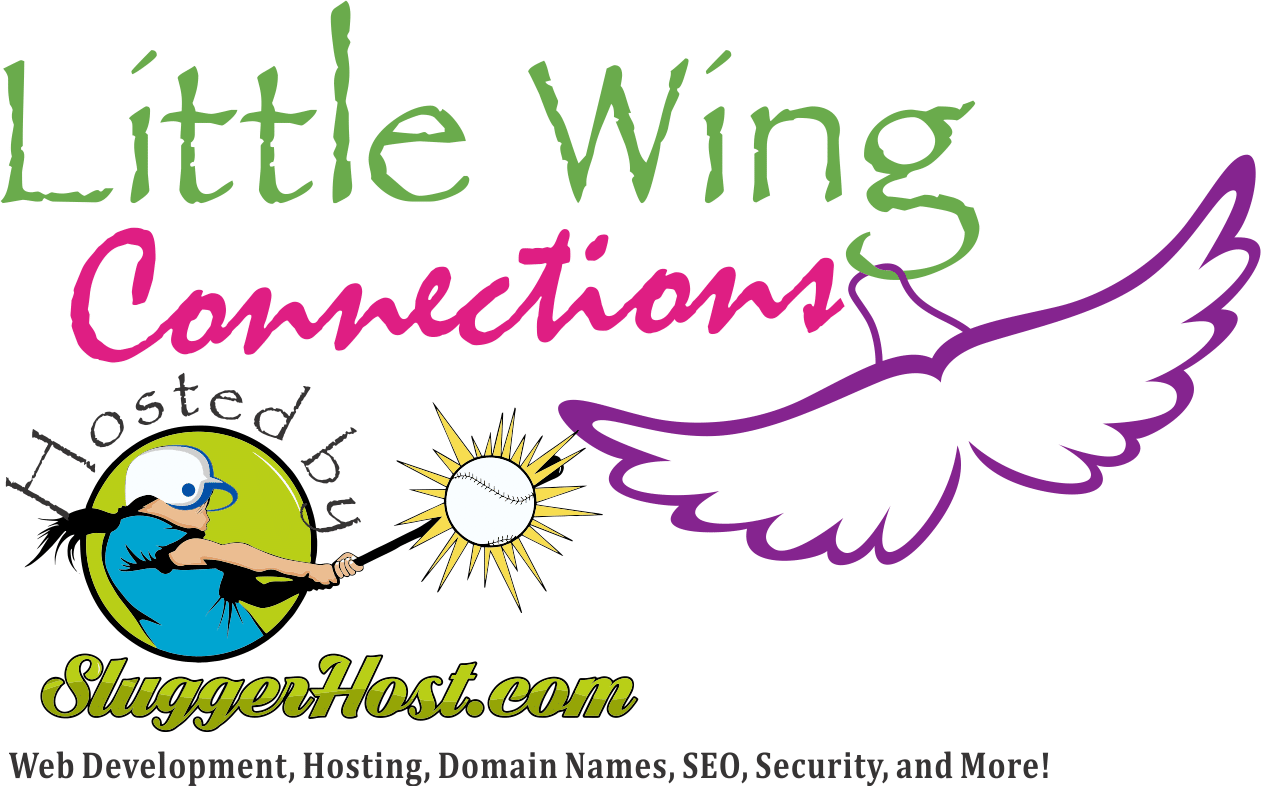Orginally published on LinkedIn.com on Aug 6, 2015 By Alan McMahon

Based on the latest annual searchmetrics study, Google is increasingly valuing ‘quality content’ when it comes to search rankings. According to the study, positive signals such as the amount of time spent on a page are having an increasingly significant impact on rankings. This means it’s more important than ever to keep the reader engaged.
Less important:
- Keywords in body – write content for the user and then keywords will naturally be included. No longer do we need to have the exact match keywords in page content, semantic search means Google understands a page topic
- Backlinks are becoming less important – year-on-year correlations between backlinks and search rankings are decreasing. Focus on creating the kind of content that people will naturally want to read and share. Less links but of higher quality.
More important:
- In-depth quality content (+1300 words / page) – If content is too short, it’s unlikely to go very deep into a subject and with so much content to compete with these days it won’t rank well. Websites need to offer more in-depth content pages rather than top-line information or doorway pages based mainly on images with little text. That said one does not want to produce long page copy for the sake of search engines, jeopardizing quality. Quality content with good readability must be the overarching factor, site’s lose people’s attention quickly when using convoluted language and jargon
- User experience (eg responsive page design) – More time on the page signals to Google that content is relevant and interesting.
- Social shares – there is a correlation between social shares and rankings (eg webpages at position one have twice as many Facebook signals as those at position two). The more shares content gets the more people it’s going to reach. This is important not only from a brand awareness point of view but also as a way to drive more traffic to your site.
Continues to be important
- Keywords in browser title with most important keyword at the start of the title
- Keywords in H1 page heading
- Internal linking of pages
